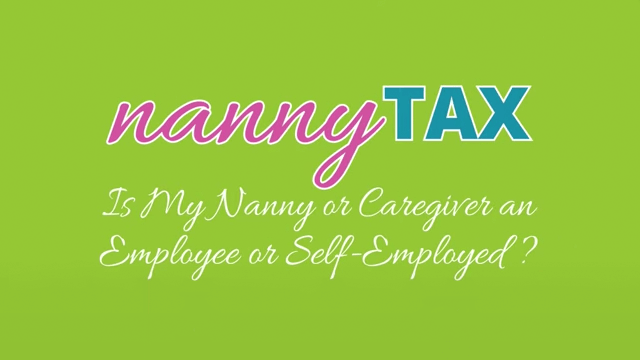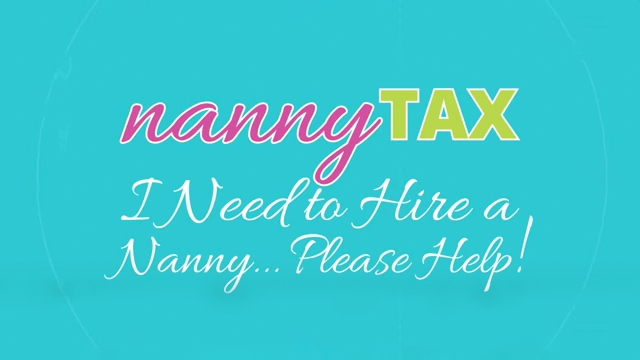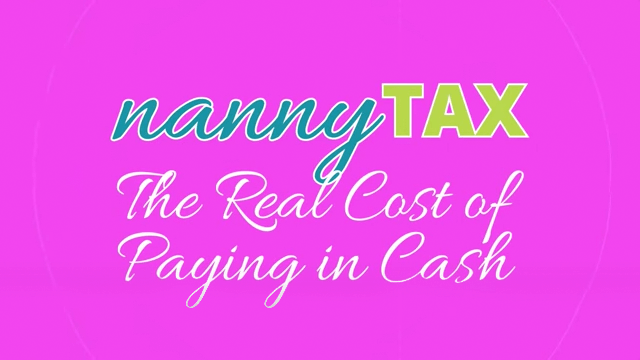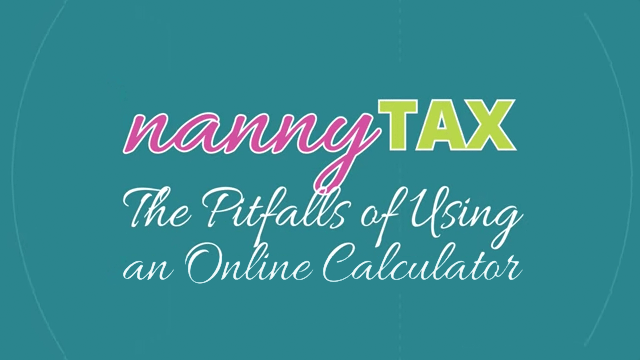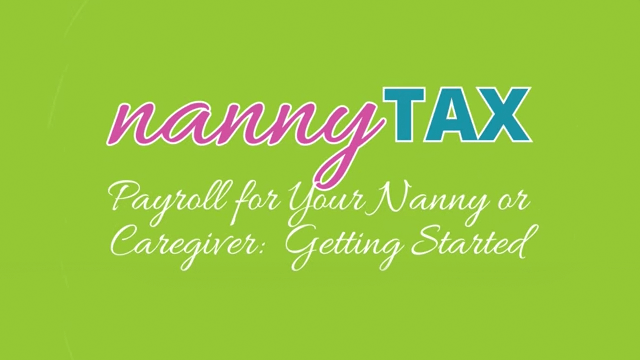
What to Consider When Hiring an Au Pair or Foreign Student
You may be aware that you’ve become an employer when you hire a nanny or caregiver, whether full time or part-time. But what if you’re thinking about hiring an au pair or foreign student to help out at home?
According to aupairworld.com, an au pair is “a young adult aged 18 to 30 who travels to a foreign country for a defined period of time to live with a host family.The au pair supports the host family with childcare and light housework while learning the language of the host country and getting to know its culture.”
So if you hire an au pair or foreign student instead of a nanny, are you also an employer with the same payroll responsibilities?
The answer is a resounding “yes” in both cases from the perspective of the CRA (Canada Revenue Agency) and Employment/Labour Standards, which vary by province. If you don’t follow the proper protocols for paying and tax accounting for the au pair or foreign student, then you could be faced with heavy fines that will cost you more in the long run than trying to manage payroll “under the table.”
What does this mean in practical terms?
1. Before engaging with the au pair or foreign student, check the work or study permit thoroughly as there could be restrictions. According to canada.ca, a foreign student can only start working in Canada when the study program has started. And the study permit needs to explicitly state that the student is allowed to work during their studies.
Eligibility requirements include (source: canada.ca):
- Being a full-time student at a designated learning institution (DLI)
- Being enrolled in
- a post-secondary academic, vocational or professional training program or
- a secondary-level vocational training program (Quebec only)
- The study program
- is at least 6 months long and
- leads to a degree, diploma or certificate
- The student has a Social Insurance Number (SIN)
2. Register with the CRA to get a payroll account that’s attached to a business number. The payroll account is where you remit all the money you’re withholding from the au pair or foreign student’s pay (taxes, CPP, EI premiums) and your employer’s portion of CPP and EI. Your business should be created as a sole proprietorship or partnership and not as a corporation.
3. Check if you need to register with the WCB (Workers’ Compensation Board) in your province based on the number of hours your au pair or foreign student works. The premium for this insurance is paid by you, the employer.
Once you’re registered as a business and with the WCB if required, then make sure you’re doing payroll correctly by:
-
- Providing pay statements that are compliant to employment/labour standards
- Making remittances to the different bodies on time and correctly
- Reporting the proper amounts to both the CRA and WCB (if required)
4. As noted in one of our previous blogs on “How to Avoid the Unexpected Costs of Hiring a Nanny,” don’t forget the year-end filing of taxes. You will need to file a T4 and a T4 summary with the CRA. Sometimes employers make the mistake of creating a T4 and then giving it to the au pair or foreign student, thinking their job is done. Just remember that you have to also submit a copy of the T4 to the CRA along with a T4 summary. Otherwise, your tax filing could end up being late and you could be penalized. The deadline for T4 filing is the end of February following the calendar year to which the slips apply, or earlier if you close the business.
5. Since most au pairs and foreign students will be live-in, make sure you factor in the value of room and board – a potential taxable benefit. Each province has a maximum amount that you can charge to an employee who is living with you for rent vs. food (or room vs. board). In Ontario, for example, the weekly maximum for room and board is $85.25 ($31.70 for rent, and $2.55/meal for 3 meals/day, 7 days/week). The deduction reduces the employee’s take-home net pay.
If you’re not charging for room and board, the employee is getting something of value for nothing and this is then considered a part of their compensation. You need to include this taxable benefit on their pay statement and T4.
- According to the CRA, to determine the value of the taxable benefit, you take the market value of the board and lodging. The higher the market value, the greater the impact on the employee’s bottom line and the more you have to remit to the CRA. So don’t over-inflate the value of the room and board.
- If you’re charging for rent or food, there may still be an amount that counts as a taxable benefit. This comes into play if you’re charging less than market value. Then, it’s considered subsidized lodging (i.e. market value minus what is being charged is the taxable benefit).
6. Review the Employment/Labour Standards for your province. You’re subject to follow your province or territory’s employment/labour standards as an employer. You should review the standards to see if there are any exceptions to specific sections of the Employment Standards Act for domestic workers. And be sure to check on how “domestic workers” is defined. Some provinces may also change exemptions over time.
If all of these considerations seem a bit overwhelming, know that you don’t have to deal with this alone. If you need any help with your au pair or foreign student worker’s payroll, reach out to us toll-free at 1-877-626-6982 or email us at taxquestions@nannytax.ca. We offer three domestic payroll tax plans, giving you the flexibility to choose the package and price that best works for you!
Credits: Photo by August de Richelieu






